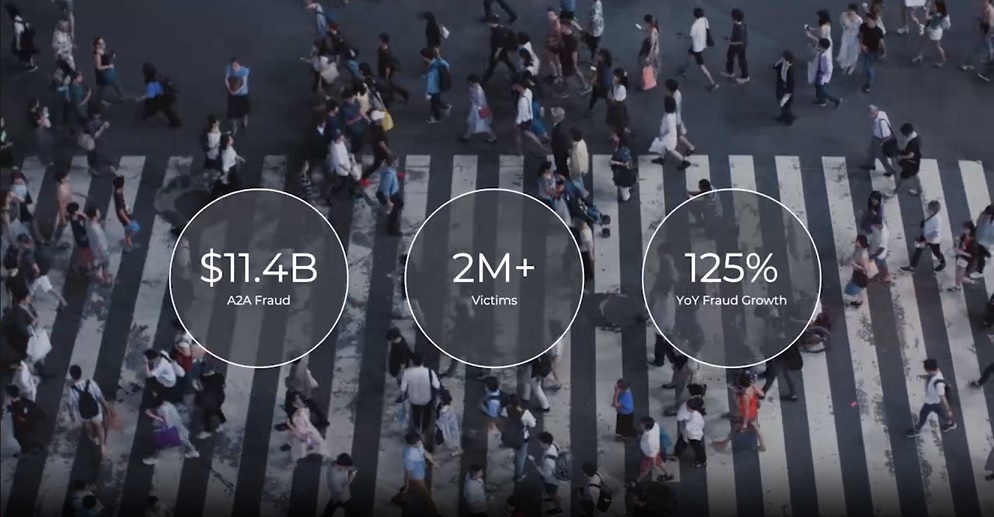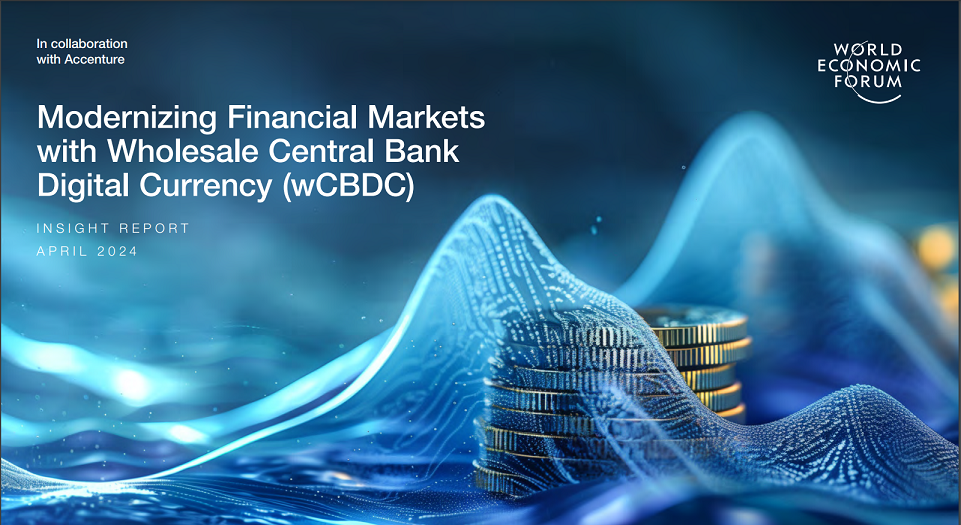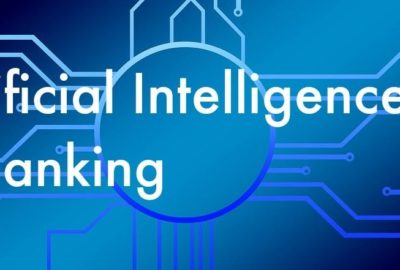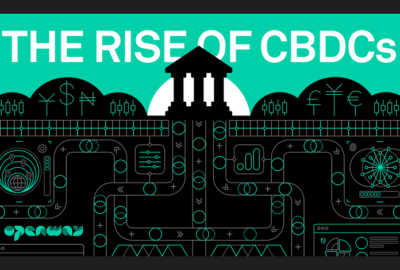Capgemini announces open banking solution for PSD2

Solution helps banks and payment service providers create new digital opportunities from the new Payment Services Directive (PSD2) compliance.
Capgemini, a global leader in consulting, technology and outsourcing services, today announced the launch of Capgemini’s PSD2 Open Banking Solution, a platform that will transform the ability of banks and payments services providers (PSPs) to unlock new digital business models in light of the European Union’s Revised Payment Service Directive (PSD2) regulations2. The PSD2 regulations have set the stage for an open banking and payments ecosystem. Capgemini’s PSD2 Open Banking Solution is designed to dramatically lower the cost of compliance by accelerating strategy definition, readiness assessment, and implementation capabilities including new forms of collaboration with a whole ecosystem of business partners.
„Banks and PSPs across Europe are challenged to achieve PSD2 compliance by January 2018, and are also under increasing pressure to improve protection for online payments, encourage innovation in payment services, engage customers better, and make cross-border payments safer. Capgemini’s market-ready approach enables banks and PSPs to define their initial PSD2 strategy, adapt their offerings to the new payments landscape, then analyze PSD2 compliance requirements and link them to the interpretation that each member state will adopt.”, according to the press release.
Capgemini’s PSD2 Open Banking Solution, hosted on the Amazon Web Services (AWS) Cloud, represents a highly scalable, resilient solution capable of significantly reducing risk and cost of compliance. The platform is designed around four key capabilities, delivered in collaboration with Capgemini partners including AWS, MuleSoft, Token, and AppDynamics:
. An Open API3 program on a central collaboration platform is designed to facilitate the new PSD2 requirements and allows banks and PSPs to more easily share data, get access to customer information such as spending habits and financial information, and identify areas to introduce new offerings.
. Access to the FinTech ecosystem through Capgemini’s Applied Innovation Exchange4 , an integrated developer portal, and an API sandbox, all of which enables banks and PSPs to work with third party providers, developers and other companies to build innovative solutions on open APIs.
. ‘Smart tokens’ uniquely combines tokenization5 and public-key cryptography to give banks and PSPs control of the entire transaction chain by issuing and redeeming payment authorizations.
. Centralized, real-time monitoring of all platform components and transactions to facilitate compliance by banks and PSPs with the PSD2 requirements adopted by their member state and help identify issues impacting customers quickly and precisely.
“There is an opportunity for banks to turn the PSD2 regulatory compliance investment into a catalyst for accelerated digital innovation by differentiating for their businesses and leapfrogging the constraints of legacy technology,” said Anirban Bose, Head of Global Banking and Capital Markets, Capgemini. “We expect that this will mark a clear shift in how we partner with our clients to transform their businesses by unlocking new and exciting opportunities through digital innovations powered by the Open API solution.”
Additional note:
1 PSD2 requires payment service providers (PSPs) to make a significant number of changes to existing operations for implementation by January 2018. It is the next generation of the original Payment Services Directive issued by the European Union.
2 PSD2 will be implemented into national legislation across the 28 EU countries with those rules to be applied by January 13, 2018. The final European Banking Authority’s Regulatory Technical Standards are expected in February 2017 which is expected to result in a compliance deadline that could be in the first quarter of 2018.
3 An API (Application Programming Interface) is a set of routines, protocols, and tools for building web-enabled and mobile-based applications. The API specifies how you can authenticate (optional), request, and receive data from the API server.
4 Capgemini’s Applied Innovation Exchange currently includes a global network of nine innovation spaces, known as ‘Exchanges’, where organizations are able to immerse themselves in the understanding, experimentation and application of all aspects of emerging technologies, as well as address the business disruptions confronting them and their industries
5 Tokenization, when applied to data security, is the process of substituting a sensitive data element with a non-sensitive equivalent, referred to as a token that has no extrinsic or exploitable meaning or value.
Anders Olofsson – former Head of Payments Finastra
Banking 4.0 – „how was the experience for you”
„So many people are coming here to Bucharest, people that I see and interact on linkedin and now I get the change to meet them in person. It was like being to the Football World Cup but this was the World Cup on linkedin in payments and open banking.”
Many more interesting quotes in the video below:










